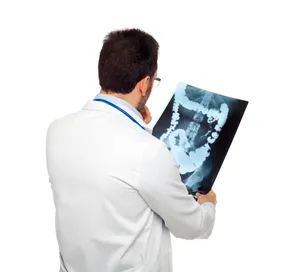
The research is based on an analysis of data collected between 1975 and 2010 by the U.S. National Cancer Institute. The first finding was that the United States’ overall colon cancer rate had dipped by 1 per cent over that time.
But that drop involved older Americans, or people over age 50. For people aged 20 to 34 the rate actually increased by 2 per cent each year. As for Americans aged 35 to 49, the rate increased by roughly half a percentage point annually.
Dr. David Bernstein, a gastroenterologist at the North Shore University Hospital in New York, says this is a troubling new trend. “Two decades ago, it was rare to treat patients in their 20s, 30s or 40s for colorectal cancer,” Bernstein said. “Now, unfortunately, it seems much less surprising.”
Dr. Christina Bailey of the University of Texas MD Anderson Cancer Center says it’s time health researchers focus their attention on colon cancer among young people. “The increasing incidence of [colon cancer] among young adults is concerning and highlights the need to investigate potential causes and external influences such as lack of screening and behavioral factors,” Bailey said.
According to Dr. Jerald Wishner, a colorectal surgery expert based in New York, the problem may be that “there are no standardized recommendations for screening patients under 50 without risk factors.”
A good start would involve examining “dietary and lifestyle factors” among young people, notes Dr. Jules Garbus of Winthrop-University Hospital in Mineola, New York. “Moreover, a genetic link to colorectal cancer clearly should be considered.”
Right now colon cancer represents the third-most common cancer in the U.S., with nearly 143,000 Americans diagnosed in 2013. Roughly 51,000 succumbed to the disease that year.



